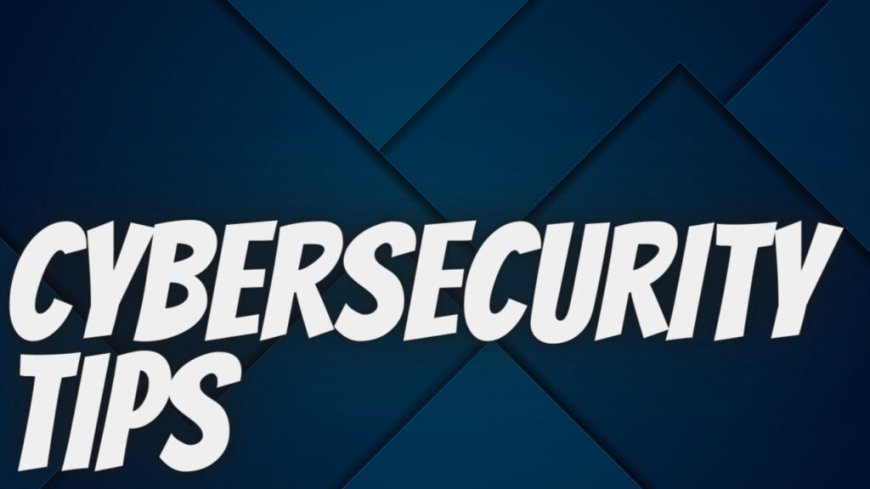Easy Cybersecurity Tips for Students
Discover essential cybersecurity tips for students to protect their online presence, including password security, safe browsing, and data protection strategies.

In today’s digital age, where technology is integral to our daily lives, students must prioritize their online safety.
With increasing reports of cyber threats and data breaches, understanding cybersecurity is essential for protecting personal information and academic work. Here are some top tips for students to enhance their cybersecurity and navigate the digital landscape safely.
Use Strong Passwords:
Create unique passwords for each account. A strong password should include a mix of letters, numbers, and special characters. Avoid using easily guessable information, such as birthdays or names.
Enable Two-Factor Authentication:
Whenever possible, enable two-factor authentication (2FA) on your accounts. This adds an extra layer of security by requiring a second form of verification in addition to your password.
Be Cautious with Public Wi-Fi:
Avoid accessing sensitive information when connected to public Wi-Fi networks. If you must use public Wi-Fi, consider using a virtual private network (VPN) for added security.
Keep Software Updated:
Regularly update your operating system and applications. Updates often contain security patches that protect against vulnerabilities.
Think Before You Click:
Be wary of suspicious links and email attachments. Cybercriminals often use phishing attacks to trick users into providing personal information.
Secure Your Devices:
Use antivirus software and enable firewalls on your devices. These tools help protect against malware and unauthorized access.
Backup Your Data:
Regularly back up important files and documents. In case of a ransomware attack or data loss, having a backup can save you from significant setbacks.
Limit Personal Information Sharing:
Be mindful of the personal information you share on social media and online platforms. Cybercriminals can use this information to exploit vulnerabilities.
Educate Yourself About Cybersecurity:
Stay informed about the latest cybersecurity threats and best practices. Understanding common scams and attacks can help you avoid becoming a victim.
Report Suspicious Activity:
If you encounter suspicious emails or notice unusual activity on your accounts, report it immediately. Quick action can prevent further issues.
By following these tips, students can create a safer online environment and protect their digital identities. Cybersecurity is everyone’s responsibility, and staying vigilant is key to navigating the digital world confidently.




























